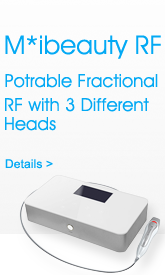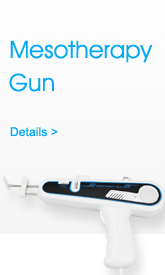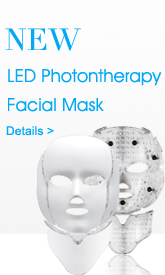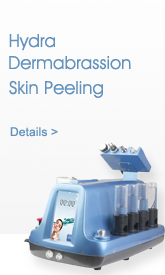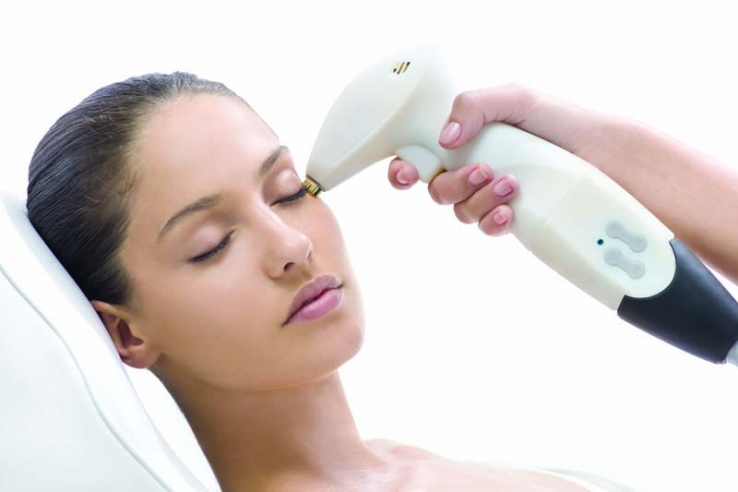According to a new study from the University of Michigan. Researchers, led by Jeffrey S. Orringer, MD, from the Department of Dermatology at the University of Michigan School of Medicine, treated 34 adults with photo aged skin. Each patient was treated with a fully ablative CO2 laser and a fractionated CO2 laser at distinct sites. Serial skin samples were obtained to measure molecular response using real-time reverse transcriptase polymerase chain reaction technology and immunohistochemistry at baseline and following treatment.
The results, which were published in the journal of Dermatologic Surgery (October 2012), showed collagen induction following a single treatment with a fractionated CO2 laser was “40% to 50% as pronounced as that induced by fully ablative laser resurfacing.” The researchers concluded that “fundamental cutaneous responses that result from fully ablative and fractionated carbon dioxide laser resurfacing are similar but differ in magnitude and duration, with the fully ablative procedure inducing relatively greater changes including more pronounced collagen induction.
USD; Free shipping* $500+
Fractionated CO2 skin resurfacing provides roughly half the collagen-stimulating benefits of fully ablative CO2 resurfacing.

